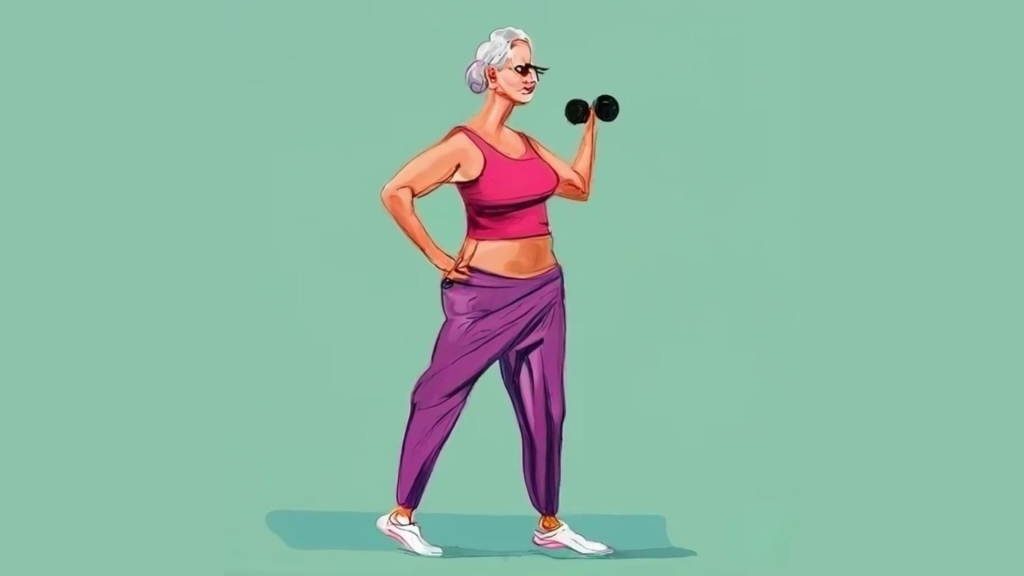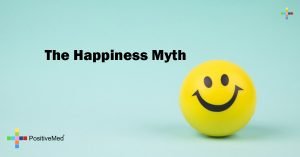
Regular exercise is linked to reduced mortality and cardiovascular risks in both men and women. However, recent research suggests that women may derive greater benefits from exercise compared to men. This article delves into the findings of a study published in the Journal of the American College of Cardiology, shedding light on why women tend to experience more significant improvements in health outcomes through physical activity.
1. Exercise Benefits for Women: Insights from Research
1.1 Study Overview:
- Examined 400,000 men and women over two decades.
- Women who exercised regularly had a 24% lower risk of mortality and a 36% lower risk of fatal cardiovascular events.
- Men saw a 15% reduction in mortality and a 14% decrease in cardiovascular risks with regular exercise.
1.2 Significance of Findings:
- Heart disease is the leading cause of death for women, emphasizing the importance of exercise for women’s longevity and cardiovascular health.
- Regular exercise plays a vital role in reducing premature death and fatal cardiovascular events, especially for women.
2. Optimal Exercise Levels for Men and Women
2.1 Exercise Recommendations:
- Men benefit from around 300 minutes of moderate or 110 minutes of vigorous physical activity weekly.
- Women experience significant benefits with shorter durations: 140 minutes of moderate or 57 minutes of vigorous exercise weekly.
2.2 Gender-Specific Response to Exercise:
- Women demonstrate a dose-response relationship to exercise, with smaller amounts yielding significant benefits.
- Men require double the exercise duration to achieve comparable benefits.
3. Strength Training: A Key Component for Women’s Health
3.1 Strength Training Benefits:
- Both aerobic and strength training exercises offer substantial health benefits.
- Women gain a 19% reduction in mortality and a 30% lower risk of cardiovascular events with regular strength training.
3.2 Physiological Differences:
- Women exhibit greater vascular conductance and blood flow during exercise, leading to enhanced responses to strength training.
- Relative improvements in strength contribute to greater mortality reductions in women compared to men.
4. Tailored Exercise Recommendations for Women
4.1 Individualized Exercise Plans:
- Tailoring exercise recommendations based on sex-specific considerations enhances engagement and effectiveness.
- Small lifestyle changes can lead to significant improvements in health outcomes.
4.2 Practical Tips for Incorporating Exercise:
- Start with small exercise increments and gradually increase intensity.
- Accountability partners and enjoyable activities promote adherence to exercise routines.
- Embrace daily activities like walking and stair climbing to increase physical activity levels.
Exercise is a potent tool for promoting health and longevity, with women showing particular responsiveness to physical activity. Understanding the unique benefits of exercise for women empowers individuals to adopt tailored exercise regimens that optimize health outcomes. By integrating practical strategies and embracing a holistic approach to wellness, women can harness the transformative power of exercise to lead vibrant and fulfilling lives.





